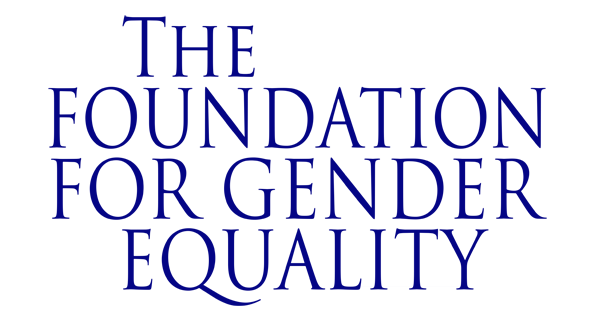In the contemporary discourse surrounding gender equality, the Bahá’í teachings emerge as a profound oasis of enlightenment, positioning itself as a harbinger of transformative change. Central to this ideology is the assertion that families serve as the foundational bedrock of society. This relationship engenders a paradigm shift in how gender roles are perceived and enacted within familial structures, offering substantial implications for both individual and collective progress.
At the heart of the Bahá’í Faith lies the principle that gender equality is not merely a social nicety but a divine mandate. Fundamentally, Bahá’í teachings emphasize the inherent equality of men and women, postulating that the duality of gender should be viewed as complementary rather than competitive. This synthesis is imperative not only for the prosperity of human beings but also for the evolution of society as a whole. As such, families are envisaged not just as units of social structure, but as crucibles for nurturing equitable relationships that, in turn, can catalyze broader societal transformation.
In exploring the concept of gender equality through the lens of family, one must first consider how traditional roles have historically served to perpetuate inequalities. Many societies have entrenched patriarchal systems that dictate the responsibilities and rights assigned to men and women. These roles, often idealized in literature and culture, have fostered a stagnation in the quest for equality. The Bahá’í teachings tackle this discrepancy head-on, advocating for a radical reassessment of gender roles that cultivates mutual respect and collaboration within the family unit.
Family dynamics offer a unique opportunity to instill values of gender parity from a young age. The teachings underscore the necessity of equitable relationships within the home. Children, witnessing and experiencing these balanced dynamics, are likely to carry these principles into their future relationships. This formative stage of life serves as the launching pad for cultivating attitudes that challenge the status quo and inspire a more egalitarian society. Through education and conscious parenting, families can function as agents of change by embodying the values of respect, cooperation, and love that transcend gender.
Furthermore, the Bahá’í Faith asserts that the empowerment of women is critical to the advancement of civilization. When women are afforded equal rights and opportunities, society flourishes in myriad ways. This empowerment extends beyond mere participation in the workforce; it encapsulates political, social, and educational arenas. The teachings advocate that the elevation of women’s status is not an adversarial endeavor against men but rather a symbiotic movement toward a more harmonious existence. A family that promotes and supports the aspirations of its female members contributes to a more balanced power dynamic that can influence societal structures at large.
As one delves deeper into the implications of Bahá’í teachings on gender equality, it becomes paramount to examine how these principles manifest in communal environments. The collective is an extension of the familial unit, and the lessons learned within the family can be projected into larger social contexts. Communities that embrace gender equality often exhibit enhanced cooperation, reduced violence, and increased innovation. These environments become fertile grounds for individuals—regardless of gender—to thrive and contribute to the common good.
Moreover, the Bahá’í teachings highlight the significance of collaboration between men and women as a pivotal component of societal progress. Men, too, are urged to embrace their role as partners in the pursuit of gender equality. The realization that the empowerment of women and the active participation of men are interdependent principles underscores the essence of a unified approach to societal change. This collaboration is vital in dismantling archaic stereotypes and constructing a paradigm that celebrates diversity and inclusivity.
Incorporating the principles of gender equality into family life entails embracing the virtues of education, mutual support, and shared responsibilities. Both parents should engage in the upbringing and decision-making processes related to their children, fostering an environment where every voice is valued. In practicing these values, families can cultivate not only a sense of belonging but also a robust framework for confronting societal challenges related to gender inequality.
Moreover, families that embody Bahá’í teachings find themselves better equipped to tackle the repercussions of systemic discrimination and social injustice. By fostering a culture of dialogue and understanding, family members can develop an acute awareness of societal inequities and actively work to negate them. This proactive approach prepares the next generation to confront prejudice with empathy and resilience, thus perpetuating a cycle of positive change.
In conclusion, the Bahá’í principles of gender equality underscore the significance of families as the linchpin of societal transformation. By championing equitable relationships within the home, promoting educational opportunities for all, and fostering collaboration, families can serve as the catalysts for monumental change. The promise of a renewed perspective on gender equality lies in nurturing these foundational teachings, ensuring that future generations inherit a world rooted in justice, compassion, and unity.
